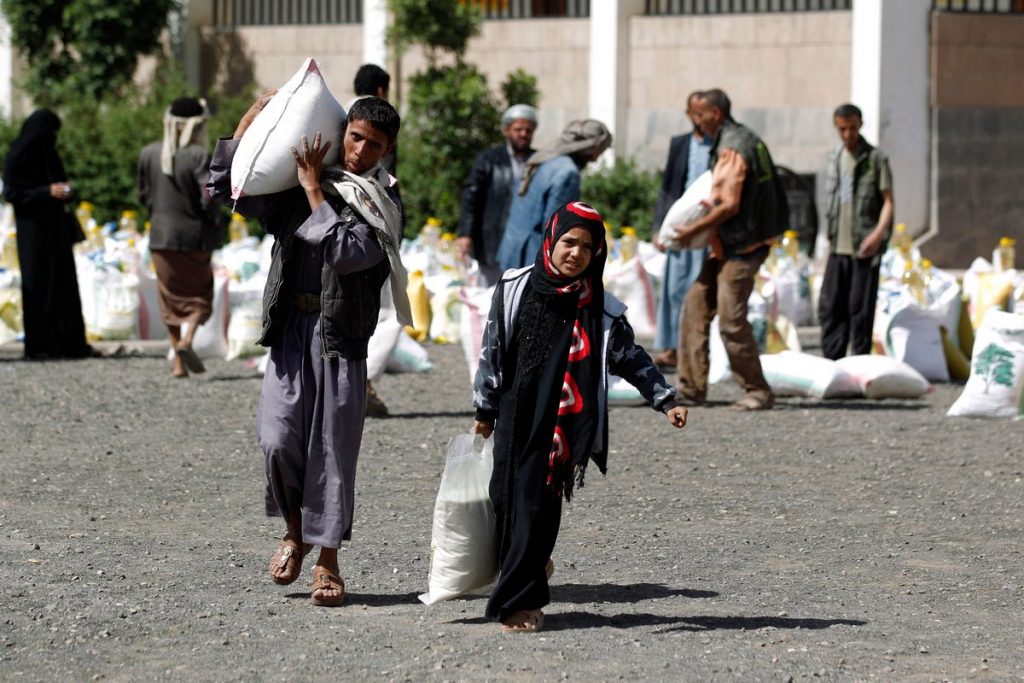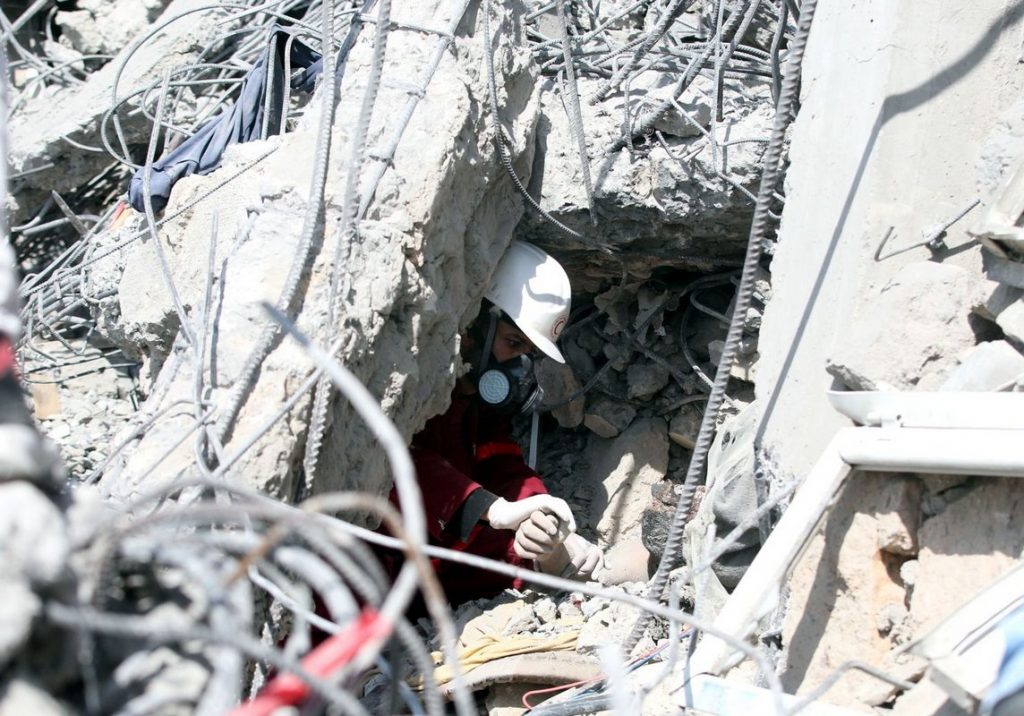The United States, Britain, and France may be complicit in war crimes in Yemen by arming and providing intelligence and logistics support to a Saudi-led coalition that starves civilians as a war tactic, the United Nations said on Tuesday.
U.N. investigators recommended that all states impose a ban on arms transfers to the warring parties to prevent them from being used to commit serious violations.
“It is clear that the continued supply of weapons to parties to the conflict is perpetuating the conflict and prolonging the suffering of the Yemeni people,” Melissa Parke, an expert on the independent U.N. panel, told a news conference.
“That is why we are urging member states to no longer supply weapons to parties to the conflict,” she said.
Saudi Arabia and the United Arab Emirates, the main parties in the coalition fighting against the Yemeni people, are two of the biggest buyers of U.S., British and French weapons.
Panel chair Kamel Jendoubi declined to reveal details of the list of suspects, adding: “What is sure is that we have gathered sufficient facts and sufficient testimonies that would allow bringing those individuals to justice at a later stage.”
“There are no clean hands in this combat, in this contest,” panelist Charles Garraway said.
The report accused Saudi Arabia and the UAE of killing civilians in airstrikes and deliberately denying them food in a country facing famine.

Neither the Saudi government communications office nor UAE officials responded immediately to Reuters requests for comment.
The prospect of famine has created what the United Nations describes as the world’s biggest humanitarian crisis, where 24 million people rely on aid.
The U.N. report said its independent panel had sent a secret list to U.N. human rights chief Michelle Bachelet, identifying “individuals who may be responsible for international crimes”.
John Fisher of Human Rights Watch called on the U.N. Human Rights Council, which opens a three-week session on Monday, to strengthen the panel’s mandate and provide “increased resources to preserve evidence, identify perpetrators and analyze command structures”.

The report said: “The legality of arms transfers by France, the United Kingdom, the United States, and other States remains questionable, and is the subject of various domestic court proceedings.”
It found that a Joint Incidents Assessment Team set up by Saudi Arabia to review alleged coalition violations had failed to hold anyone accountable for any strike killing civilians, raising “concerns as to the impartiality of its investigations”.
 Alghadeer TV Alghadeer TV
Alghadeer TV Alghadeer TV
